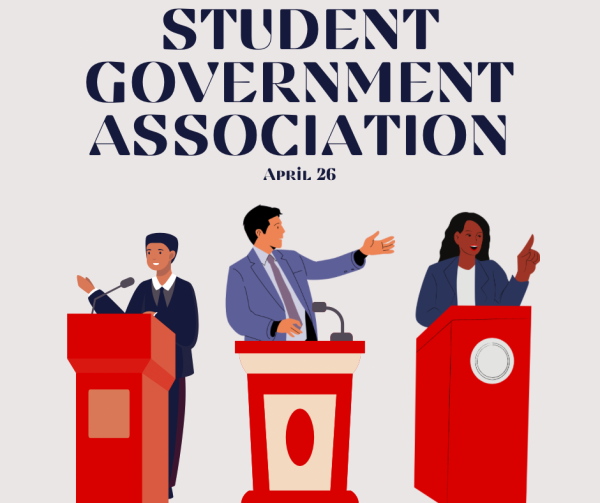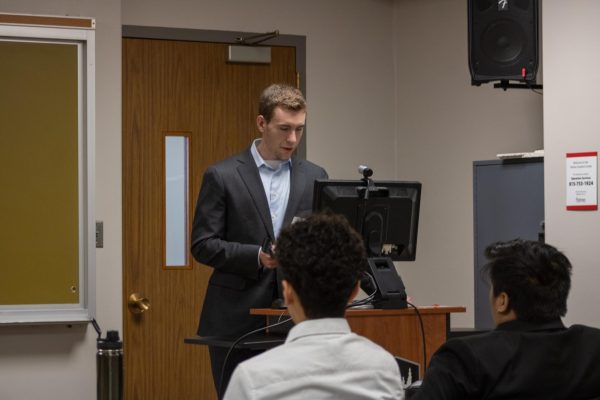Making the college transition
October 3, 2003
Freshmen are not always prepared for their newfound freedom when they go away to college. But their academic skills are up to speed.
Instructors of general education classes like English 103 and math 101 or 110 think, overall, freshmen are prepared for their classes.
“Generally they are, but it depends on, of course, the high school they came from and the student,” said math instructor Christine Leroux.
Caroline Conley, a teaching intern for English 103, said freshmen are prepared in certain ways, but that high school teachers have difficulties because their class sizes are large.
“Some students are not transitioning well into college writing, but here at NIU, we have a great opportunity to help students because our classes are smaller,” she said.
The biggest weakness instructors run into with freshmen is their adjustment to college life.
Since detentions are not given in college when students don’t attend class, they have trouble going.
“All freshmen wrestle with their new freedom. In college, much more personal initiative is needed,” Conley said.
Some freshmen are completely comfortable in their classes.
Katie Caldwell, a freshman communication major, said she was prepared from high school, and that it has been mostly review so far in her classes.
The only thing she wishes she had been better prepared for is the reading.
“In high school, you could get away without doing the reading, but in college, you have to do the reading,” she said.
Other students have trouble adapting to lecture classes.
“The first day of my biology class, my professor just started lecturing, and I couldn’t keep up,” said Ivery Barnett, a freshman English major. “One of my teachers in high school lectured; I wish more had done that.”
Instructors suggest knowing where to get help and to start by talking to them.
“Not many of my students utilize me. Some students are intimidated by their teachers. You can always e-mail teachers instead,” Conley said.












